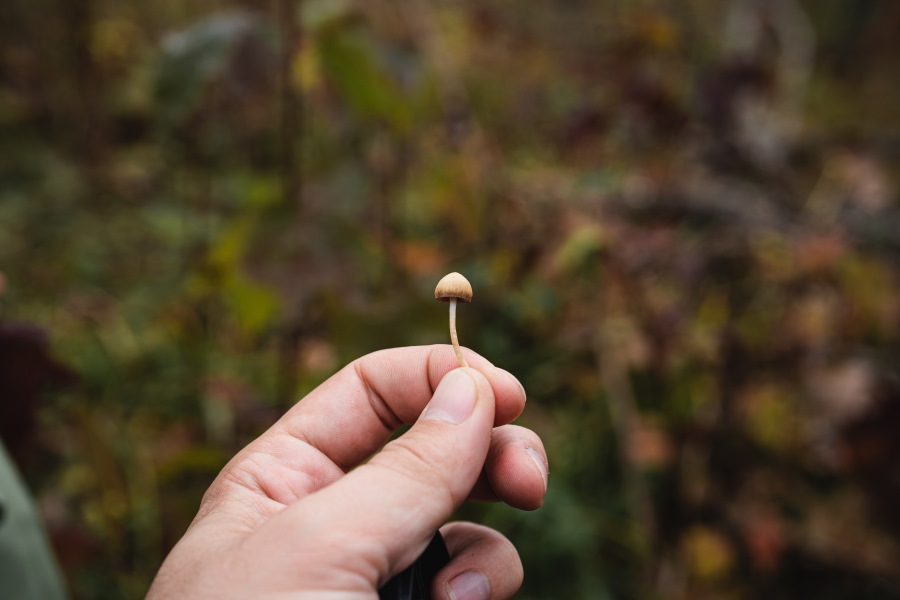FDA sets out its thinking on psychedelic drug trials

The FDA has published its first-ever guidance document on clinical trials with psychedelic drugs, an emerging treatment category for psychiatric and substance use disorders.
The new document focuses on design considerations for clinical trials involving psychedelics, such as psilocybin, LSD, and MDMA, as developers try to craft them into FDA-approved therapies for depression, panic disorder, post-traumatic stress disorder (PTSD), and other conditions.
The guidance has emerged hard on the heels of a bill tabled by lawmakers in the US seeking just such a document, given the growing number of psychedelic medicines being tested in human trials and the rising number of biopharma start-ups developing them.
An FDA-endorsed framework for clinical research in this area is seen as critical if psychedelics are to move out beyond clinical research into mainstream medical treatment.
One of the pioneers in the category – Compass Pathways – reported encouraging results from a phase 2 trial of its psilocybin-based COMP360 candidate in treatment-resistant depression last year, and is now in phase 3 trials.
The FDA says these experimental medicines pose several “unique challenges” that must be considered in the design of studies, given their potential to produce psychoactive effects, such as mood and cognitive changes, including hallucinations, as well as the risk of abuse.
The guidance splits psychedelics into two categories – “classic psychedelics”, such as psilocybin and LSD, that act on the brain’s serotonin system, as well as “entactogens” or “empathogens”, such as MDMA, also known as ecstasy.
It outlines basic considerations throughout the drug development process, including trial conduct, data collection, participant safety, new drug application requirements, considerations for safety monitoring, and the importance of characterising dose response, as well as measuring the durability of any treatment effect.
It also discusses the role of psychotherapy – which has often been a component of therapies tested to date, where the drug is administered in the context of a guided treatment session.
In cases where psychedelics are Schedule I controlled substances, the guidance notes that activities carried out under an Investigational New Drug (IND) application must also comply with the relevant Drug Enforcement Administration (DEA) regulatory requirements.
“By publishing this draft guidance, the FDA hopes to outline the challenges inherent in designing psychedelic drug development programmes and provide information on how to address these challenges,” commented Tiffany Farchione, director of the division of psychiatry in the FDA’s Centre for Drug Evaluation and Research (CDER).
“The goal is to help researchers design studies that will yield interpretable results that will be capable of supporting future drug applications.”
The guidance is out for public comment until 23rd August.












